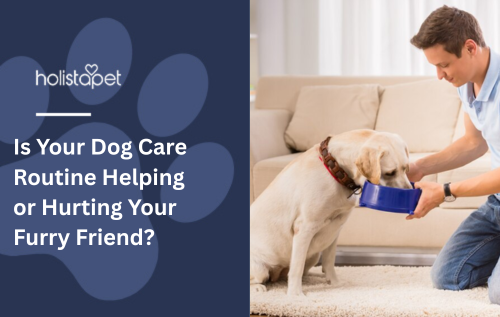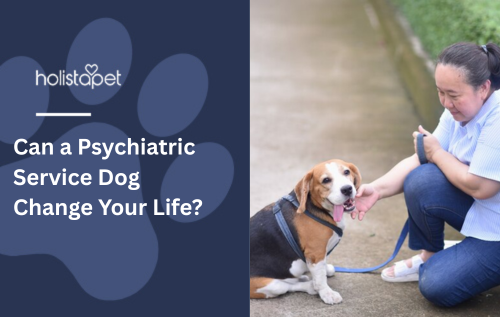Bringing a newborn puppy into your home is both heartwarming and challenging. From their tiny cries to their growing curiosity, every moment matters—but are you doing everything right to ensure your puppy's healthy development?
In this comprehensive guide to newborn puppy care, we’ll walk you through the essentials, answer common questions, and help you confidently raise a happy, thriving pup.
 What Is Newborn Puppy Care?
What Is Newborn Puppy Care?
Newborn puppy care refers to the special attention, nourishment, hygiene, and safety routines required in the first few weeks of a puppy's life. These early days are crucial to setting a foundation for their lifelong health and behavior.
1. Creating a Safe, Warm Environment
Puppies cannot regulate their body temperature for the first few weeks. Keep the whelping area at a consistent temperature:
-
Week 1: 85–90°F (29–32°C)
-
Week 2–3: 80°F (27°C)
-
Week 4 onward: Gradually reduce to room temperature
Use heating pads or heat lamps safely, avoiding direct contact with the puppy’s skin.
2. Feeding and Nutrition
Puppies should nurse from their mother for the first few weeks. If the mother is not available:
-
Use a commercial canine milk replacer (never cow’s milk)
-
Feed with a bottle or syringe every 2–3 hours (including overnight)
-
Burp the puppy gently after feeding
By week 4, you can introduce softened puppy food as a gradual weaning process begins.
3. Monitoring Health and Growth
Signs your newborn puppy is thriving:
-
Gaining weight daily (weigh them at the same time each day)
-
Sleeping quietly after feeding
-
Regular soft stools (but not diarrhea)
Signs of trouble:
-
Weakness or constant crying
-
Cold to the touch
-
Refusing to eat
If any of these symptoms occur, consult a vet immediately.
4. Hygiene and Stimulation
Newborns can't urinate or defecate on their own. The mother usually stimulates them by licking, but if she’s absent:
-
Use a warm, damp cloth to gently rub the puppy’s genital area after feeding
Keep the bedding clean and dry, and wash your hands before and after handling.
5. Socialization and Gentle Handling
Start gently handling the puppies once they are a few days old to help them get used to human touch. Introduce new smells and sounds gradually after 3 weeks to support future socialization.
 Frequently Asked Questions
Frequently Asked Questions
❓ How often should I feed a newborn puppy?
🍼 Every 2–3 hours around the clock for the first two weeks. Gradually reduce night feedings as they grow.
❓ When do puppies open their eyes?
👀 Typically between 10–14 days after birth.
❓ Can I bathe a newborn puppy?
🚫 No, unless absolutely necessary. Use a damp cloth to clean them. Full baths should wait until they are at least 6–8 weeks old.
❓ What temperature should the room be for a newborn puppy?
🌡️ Between 85–90°F (29–32°C) for the first week, then slowly lower over the following weeks.
Final Thoughts
Caring for a newborn puppy is a rewarding journey filled with delicate moments and rapid growth. By focusing on warmth, nutrition, hygiene, and early socialization, you’re laying the groundwork for a healthy and loving companion.
Remember: consistency, gentleness, and veterinary guidance are your best tools in ensuring your puppy’s successful start in life.
📝 Helpful Note: Always consult your veterinarian before introducing any new feeding routine or supplements to a newborn puppy—each pup has unique needs based on breed, size, and health.
If you found this guide helpful, share it with fellow dog lovers or new puppy parents!


 CBD Oil for Dogs - Fast Acting
CBD Oil for Dogs - Fast Acting
 Chicken Flavored CBD Oil For Dogs - Easy Dose
Chicken Flavored CBD Oil For Dogs - Easy Dose
 Salmon Flavored CBD Oil For Dogs - Highly Rated
Salmon Flavored CBD Oil For Dogs - Highly Rated
 CBG Oil for Dogs and Cats - Loved by Thousands
CBG Oil for Dogs and Cats - Loved by Thousands





Leave a comment
This site is protected by hCaptcha and the hCaptcha Privacy Policy and Terms of Service apply.